
Offering an inclusive, safe space along with the best care for transgender and nonbinary adolescent patients is more important than ever.

Offering an inclusive, safe space along with the best care for transgender and nonbinary adolescent patients is more important than ever.

Pediatric adolescent gynecologic topics are critical to the practice, and patient families.

COVID-19 vaccination during pregnancy may reduce infants’ risk of infection during the early months of life, according to a recent study.

Part 2 in a series on emergencies in pediatric and adolescent gynecology.

An undocumented, Spanish-speaking, 15-year-old female presented to the emergency department with 3 weeks of fever (>101℉) and 3 days of abdominal pain. What's the diagnosis?

Kenneth J. Tomecki, MD, discussed the clinical relevance of sexually transmitted diseases to dermatology and outlined what to look for and how to treat various conditions at the 2022 Fall Clinical Dermatology Conference for PAs & NPs.
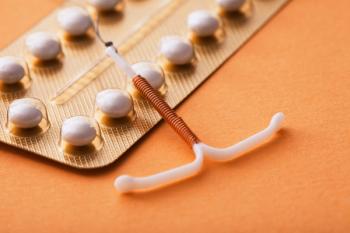
Counseling patients about methods of contraception and increasing access to care can help address unplanned pregnancies and sexually transmitted diseases.

While antibiotic dosing was correct, therapy duration was frequently inappropriate.

Part 1 in a series on emergencies in pediatric and adolescent gynecology.

Recommendations are often vague, contradictory, according to investigators.
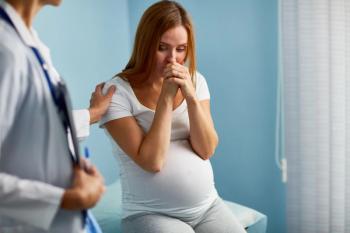
When helping patients in the hardest moments of their lives, it is important to have empathy for them—and for ourselves.

A presentation at the 2022 American College of Obstetricians and Gynecologists’ Annual Clinical & Scientific Meeting discussed the recent updates in contraceptives including new nonhormonal intrauterine devices.

A prospective cohort study examines whether higher childhood body mass index (BMI) was linked to a greater risk of premenstrual symptoms in young adulthood compared than children with lower BMIs.

For extremely preterm infants, mother’s own milk may be helpful for preventing poor postnatal growth and some morbidities.
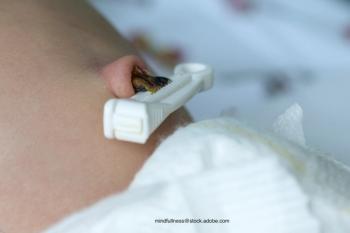
Evidence indicates that a delay on umbilical cord clamping leads to better outcomes for infants. What are the outcomes for those who are very preterm?

TikTok user @midwifemama sparked a conversation about IUD insertion.
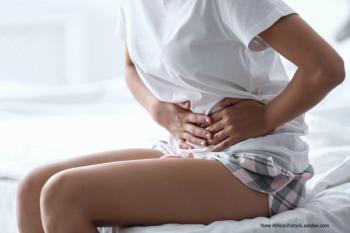
Polycystic ovary syndrome (PCOS) and type 2 diabetes have some markers that suggest a connection, with PCOS patients exhibiting certain symptoms at greater risk of developing type 2 diabetes later. A systematic review examines the prevalence of the 2 conditions occurring in adolescent girls.

Risk factors for the dual burden of severe maternal morbidity and preterm birth differ significantly by insurance type across sociodemographic and perinatal considerations in the state of California.
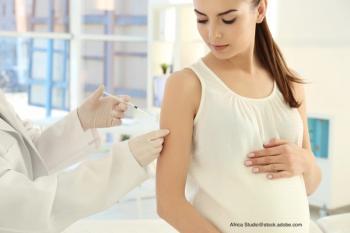
The safety of the Pfizer/BioNTech COVID-19 vaccine in pregnant women, for both mother and baby, has been dependent on observation during the rollout. A large population trial provides further support for the vaccine’s safety.

Gestational diabetes is a fairly common pregnancy complication. A new study looks into how it can impact a child's future health.

Eating disorders carry many risks. An investigation looks into whether they can increase the risk of certain neurodevelopmental conditions in the children of mothers with a history of eating disorders.
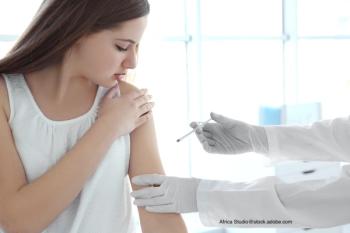
A new study showed that COVID-19 vaccinations may temporarily cause changes to the timing of menstruation.
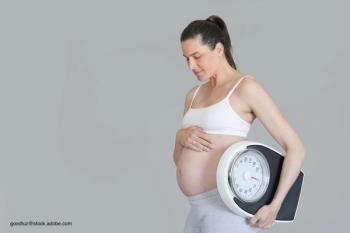
Gone are the days of little guidance for weight gain during pregnancy, but determining the best weight range has been elusive. A new study provides some helpful advice.
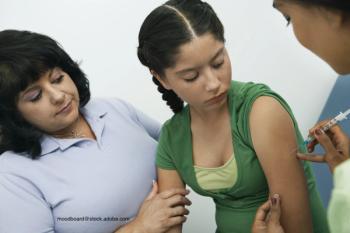
For mothers who have an experience with human papillomavirus (HPV) vaccine preventable outcomes such as a cervical biopsy or cancer, would this history make them more likely to have their child receive this vaccine? It may seem likely, but a new study raises questions about this belief.

The North American Society for Pediatric and Adolescent Gynecology (NASPAG) has provided guidance for diagnosing and managing vulvar lichen sclerosus in pediatric patients.